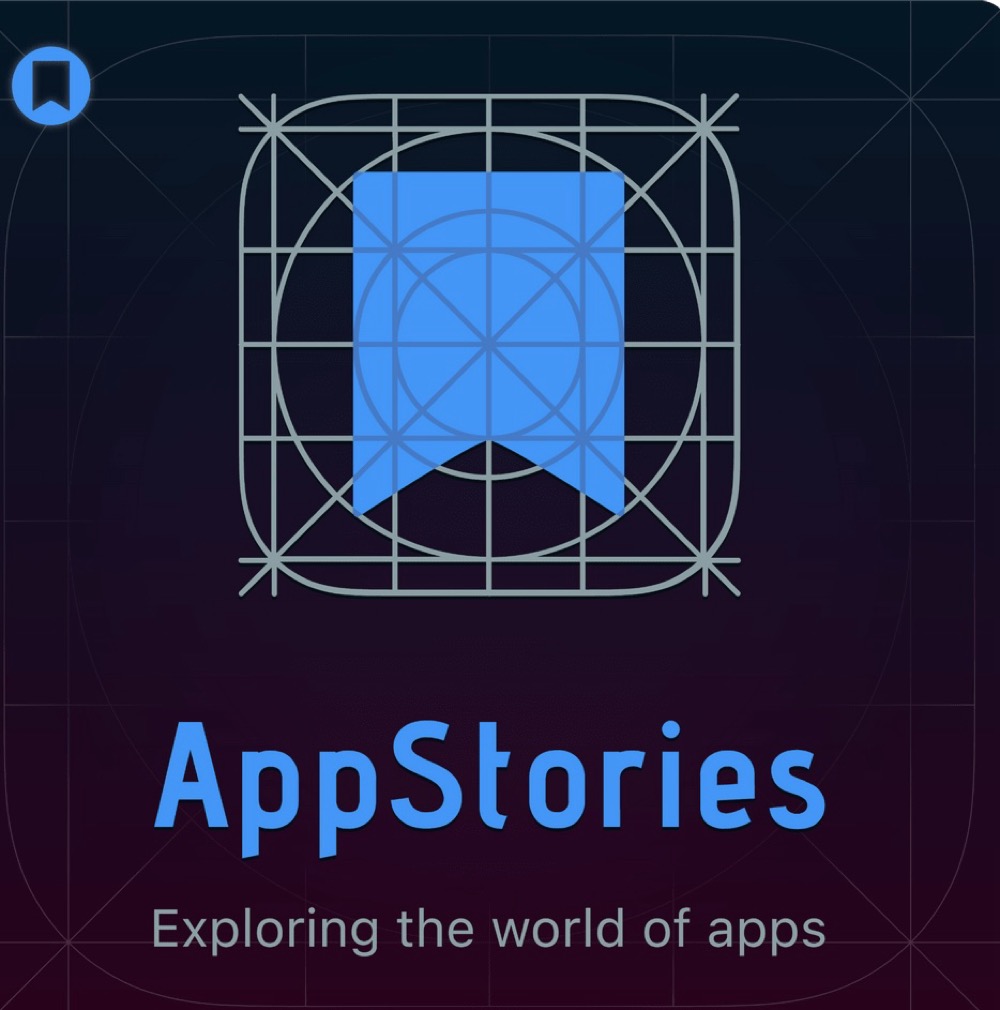As we consider our work as pastors, we must be careful not to neglect the personal human touch of ministry. God has made us in His image, imago Dei, and calls us to live in relationship with people as we follow His example of the Incarnation. As John writes,
John 1:14 (NIV): The Word became flesh and made His dwelling among us. We have seen His glory, the glory of the one and only Son, who came from the Father, full of grace and truth.
Jesus is God made flesh and come to dwell among us. As we consider the ways that God could have revealed Himself to us, we understand Jesus come among us as the way God chose to work. In the same way, we cannot separate our work as pastors from our flesh, our humanity. Therefore, we must be careful in our use of AI, making sure that we do not allow our humanity (including our creative capacity) to be outsourced. In what areas of our work must we resist the use of AI?
My hope is to have a discussion among pastors in our Spring colloquium. But for now, I would suggest that work such as blog/article writing, sermon preparation, personal emails about spiritual matters, and matters of prayer and discernment about the direction of the church be void of AI technology. We might be tempted to incorporate AI into such work, but we must be careful not to allow anything artificial to do this important human work.
At the same time, other areas of administration may be greatly enhanced with the use of Artificial Intelligence. What might these areas be? Again, I hope to broaden this conversation in our Spring meeting, but for now, might I suggest a few. While writing should be fully human, might AI serve to check our writing for grammar and style improvements? Could AI be used to generate summaries or condensed versions of our writings for specific purposes, such as sharing information with a worship planning team? What about scheduling, database management, or other administrative tasks that often rob pastors of precious relationship-building time? Where do we draw the line and learn to utilize technology to assist us in the work of ministry?
I plan to write an additional post on this subject to consider practical ways to answer these questions. For now, let’s consider the theological issues at hand and carefully reflect on the boundaries we should set for this new technology. I look forward to further discussion around these issues in the spring. But for now, let’s give careful consideration to how we approach the opportunities and the dangers of Artificial Intelligence.





